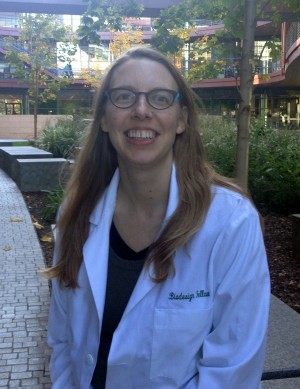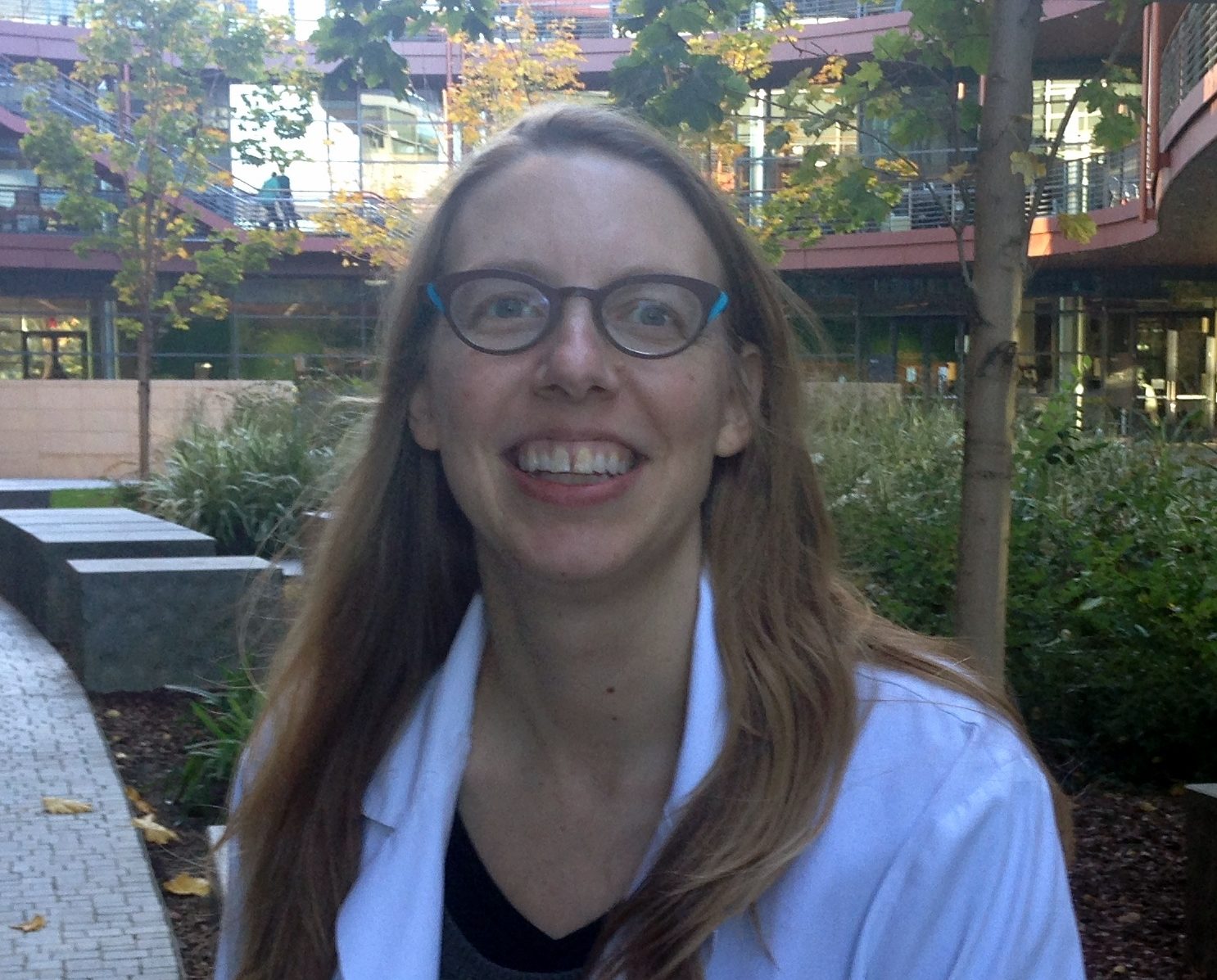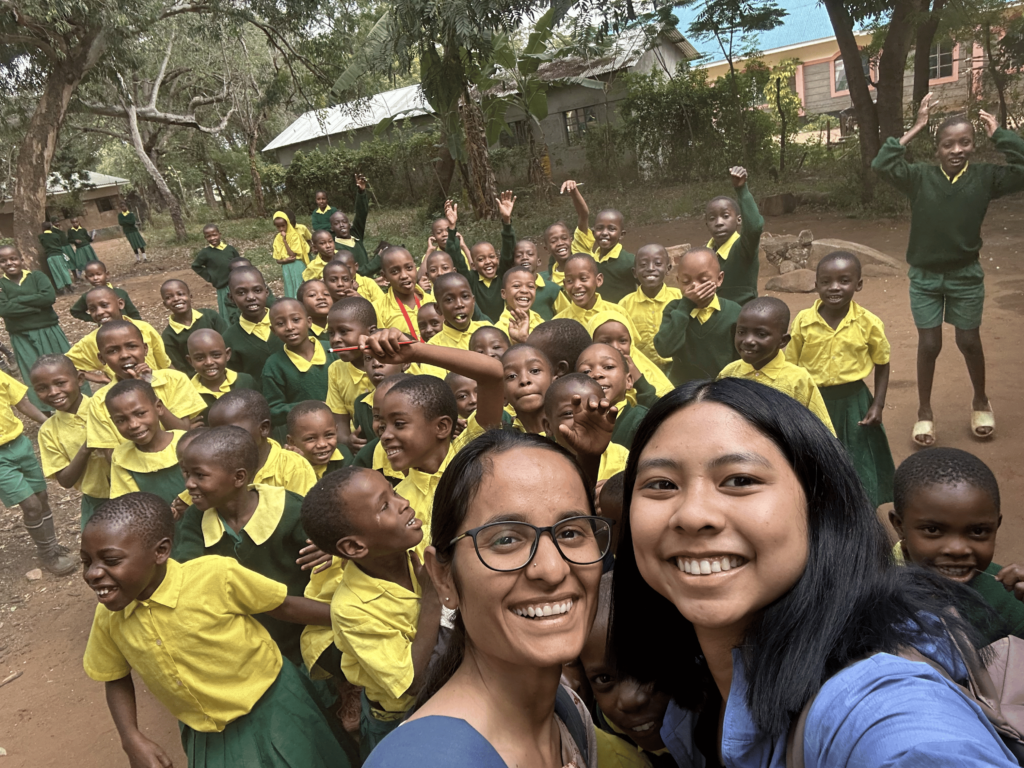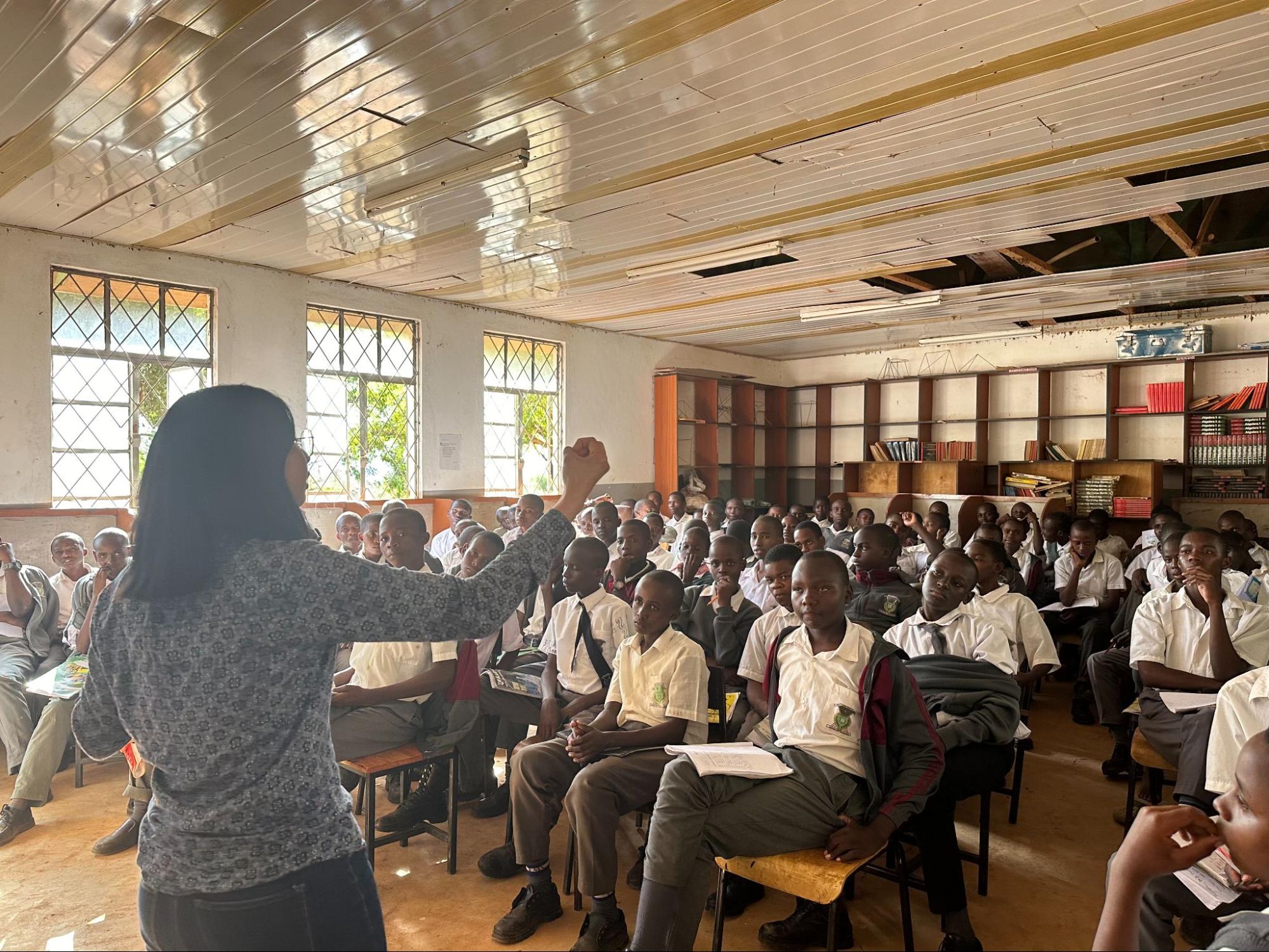
Rachel Gerver is among the first generation of UC Berkeley students in Development Engineering, a growing field for graduate students focused on technological solutions for low-income regions. Gerver graduated from UC Berkeley in 2014 with a PhD in Bioengineering, where she investigated the application of Herr Lab technology for rapid point of care HIV monitoring and infant diagnosis in Kenya. She currently serves as a Biodesign Innovation Fellow at Stanford University, identifying unmet needs in medicine at hospitals and clinics and assessing the market size and competitive landscape for potential new medical devices. The Blum Center sat down with Gerver to learn more about her background and interests.
What were your career plans when you started your PhD and how did they change?
When I started the PhD in Bioengineering at UC Berkeley/UCSF, I thought I would pursue a career in academia and become a tenured professor. About halfway through the program, I realized that I was much more motivated by applied projects and helping to get new medical technologies to market, where they can have an impact on patients’ lives. I also became even more interested in how new technologies can help improve access to medical care for underserved populations.
What was the nature of your Development Impact Lab Explore Grant?
I received a DIL Explore grant to travel to Kenya and work with Family AIDS Care and Educational Services (FACES) to understand whether [Amy] Herr Lab technology could be applied to early infant HIV diagnosis. I spent time in the Nyanza province of Kenya, including Mbita, Kisumu, and Mfangano Island. I learned the importance of understanding the overall system in assessing what technologies can have an impact, and in particular the challenges of supply chains and logistics in bringing medical care to underserved regions.
What is exciting about the medical technology field?
The rapid growth in the medical technology space and the potential of new fields, including mobile technologies, big data, and genomics, to improve human health and access to healthcare around the world.
Where do you see yourself in five years or 10 years?
Continuing to work on technologies that can enter the market and improve human health around the world.
Who are the scholars or practitioners you most admire?
I greatly admire organizations that have worked to get new technologies into the market to improve access to healthcare in underserved populations, including PATH and D-Rev. I also admire physicians such as Paul Farmer, who have devoted their careers to improving global health from the field and inspiring others to do the same.




